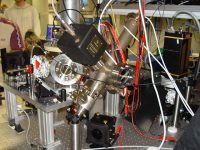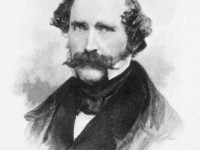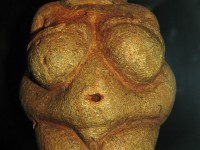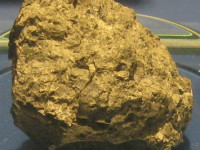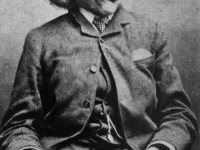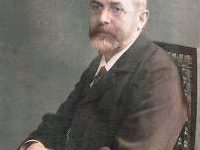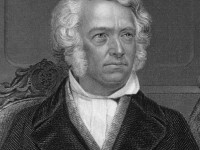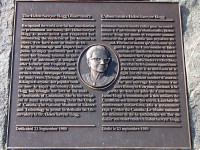Wolfgang Paul and the Quadrupole Ion Trap
On August 10, 1913, German physicist Wolfgang Paul was born. Paul co-developed the non-magnetic quadrupole mass filter which laid the foundation for what we now call an ion trap. He shared one-half of the Nobel Prize in Physics in 1989 for this work with Hans Georg Dehmelt; the other half of the Prize in that year was awarded to Norman Foster Ramsey, Jr. Ion traps can be used as a component of…
Read more

